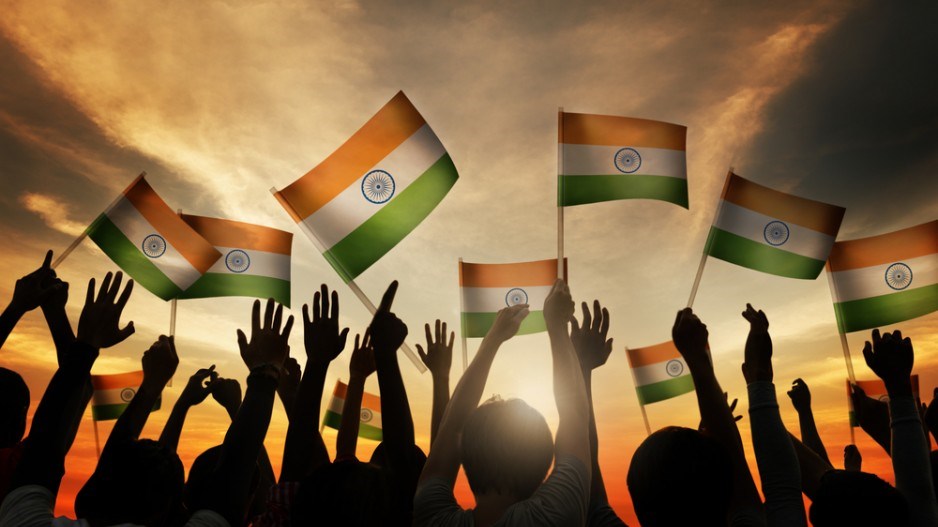Image: Shutterstock
It is a real pleasure to read the daily New Yorker magazine, one of the best news sites online. To understand the world in 2015, The New Yorker’s Vauhini Vara presents four charts: on how, for the first time, fewer than 10 per cent of the world is living in extreme poverty; on how Facebook is taking over the world; on how the U.S. Federal Reserve has raised the interest-rate target at last; and how Greece’s economy started growing again, then shrunk. I’m sure there are more than four events that shaped the planet, but every writer needs an attention-getting gimmick.
--
We have been watching for a day the karma payback to Martin Shkreli, the big pharma executive indicted on securities fraud charges. The Daily Beast notes, though, that he has gotten away with his biggest crime: not the crime of breaking the penal code, but the matter of breaking the moral code, in exponentially raising the price of drugs needed by the desperately ill.
--
If you’re a fan of The New York Times’ Nobel-winning columnist, economist Paul Krugman, then you’ll stray into other places to follow his work. Krugman is a fan, mostly, of former U.S. Labor Secretary Robert Reich, and his essayish review in The New York Review of Books of Reich’s latest book is an opportunity for him to discuss the troubling effect of monopoly on economic polarization. It is, like most things in the NYRB, patient reading that rewards focused attention.
--
An easier read on inequity comes from Time’s economics and business deputy managing editor, Rana Foroohar, and it has some local applicability even if it’s written from an American perspective. In short, she argues that a parent’s property wealth goes a long, long way to predicting the child’s financial destiny. Rich kids do, indeed, get quite the head start.
--
You can get lost on Quora, the endlessly fascinating series of questions that elicit an endlessly fascinating series of answers. We are fans at BIV of Quartz, the thoughtful and provocative business site of Atlantic Media Co. When you put the two together, you can get a very compelling combination, as is the case when Quartz curates Quora’s answer from an economics professor at University of Michigan on the question: Will India ever become a superpower? He admits he has to equivocate a bit, but sides on saying no. You’ll have the U.S., the EU, and either China or India, and no more than three superpowers.
--
Speaking of Quartz, one of its more interesting pieces this week is relevant if you travel to the U.S. and like picking up a souvenir for home. It looks into the claims by the vaunted Mast Brothers about the quality and integrity of their pricey artisanal chocolate ($10 a bar!). Whistleblowers abound, even in the world of cocoa.




